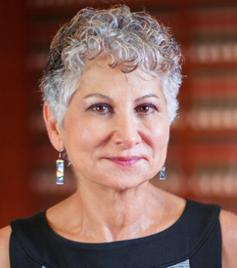Current diversity and sexual harassment trainings often take an informative approach that results in a gap between theoretical knowledge and practical resolutions of ethical dilemmas. Available research suggests that diversity training programs often elicit the greatest amount of change among people with a minority identity and can result in hostility from majority group members. To better prepare all engineering students for modern-day organizations, it’s imperative that universities develop effective approaches at the student level to mitigate these discrepancies. We propose that our novel ethics-based training will elicit positive diversity-related outcomes overall. We inductively explore the differential impact of diversity training across majority and minority identities. Longitudinal quantitative data were collected to examine changes in participant attitudes and behaviors in response to the diversity module. Undergraduate engineering students enrolled in an introductory engineering ethics course at a large Southwestern university were presented with a week-long teaching module on diversity. Survey results were evaluated to measure differences in effectiveness among majority and minority students. The diversity training successfully decreased levels of sexism, acceptance of sexual harassment myths, and increased intentions to confront discrimination. Differences in outcome variables between majority and minority members were found with regard to political orientation, race, and physical and mental disability status. Overall, this study presents a promising new avenue for diversity training scholarship. Specifically, we find that an ethics-based approach to diversity training may be particularly effective for majority group students.
DOI: 10.18260/3-1-1153-36048
AUTHORS Isaac Sabat
Isaac Sabat
 Evan Nault
Evan Nault
 Susan Saab Fortney
Susan Saab Fortney
 Martin Peterson
Martin Peterson
 Debjyoti Banerjee
Debjyoti Banerjee
留言 (0)